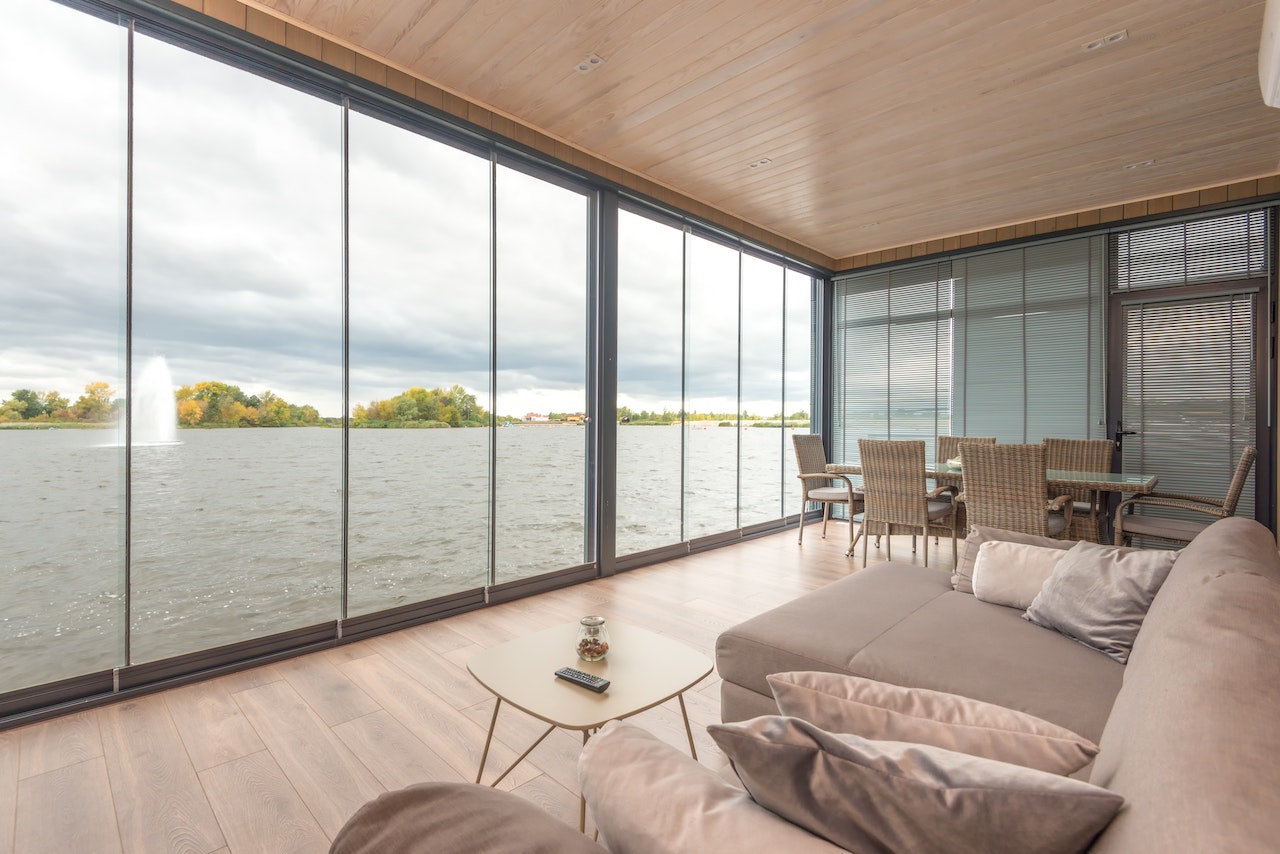The rise of the sharing economy has had a profound effect on the way we think about holidays. Many people are now choosing to rent their holiday homes out to short-term visitors, which means that there has never been a better time to invest in a holiday home portfolio. However, it’s important to remember that you don’t just buy a holiday home for the sake of it. You need to ensure that any property that you purchase will be able to generate an income whilst also providing a return on your initial investment.
Here are some tips for maximizing your returns on your holiday home portfolio:
1. Maximize Capital Gains

Photo by Alaur Rahman: https://www.pexels.com/photo/silver-and-gold-coins-on-white-printer-paper-5277965/
The first step towards maximizing your returns is to maximize the capital gain on each property. This is achieved by purchasing properties that are undervalued, positioned in locations that will appreciate, and with a view to increasing the rent and thus the yield over time.
2. Invest in the Right Markets
You should only consider buying in areas with strong economic fundamentals and growing demand. The strength of an economy will determine whether you can get a decent rental yield from your property, so this is one of the most important criteria for choosing an investment destination. You also want to avoid areas with a decline in population or employment due to lackluster economic growth or poor infrastructure development.
3. Buy at the Right Price Point
The next step is to buy at the right price–finding between fair value and bargain basement prices for your chosen location. In some markets it may be hard to find properties at bargain basement prices because there are too many people trying to buy them; however, if you look hard enough there are always bargains out there! It just takes patience and perseverance on behalf of both buyers and sellers alike!
4. Make Sure that All the Properties are Rented Out
It’s important that you don’t have any empty properties in your portfolio because this will eat into your cash flow significantly. If you have one or two empty properties, then try renting them out as soon as possible. You could also consider subletting them if they’re too far away from where you live.
5. Keep an Eye on Maintenance Costs and Repairs
When you own a number of properties, it’s important that you keep an eye on maintenance costs and repairs because they can add up quickly if something goes wrong at one of them. You should also get into the habit of checking how much water each property uses so that you can adjust their water meters accordingly (if necessary).
6. Choose Properties that Meet Your Needs
 Choose properties that meet your needs. If you want an income from renting out your property, make sure it is located in a popular tourist destination that will attract ideal tenants. If you want capital growth, identify areas where there is an increase in demand for property and strong economic fundamentals.
Choose properties that meet your needs. If you want an income from renting out your property, make sure it is located in a popular tourist destination that will attract ideal tenants. If you want capital growth, identify areas where there is an increase in demand for property and strong economic fundamentals.
Consider other factors besides location when choosing a property. For example, if you want rental income but don’t want to deal with tenants, look for serviced apartments or townhouse complexes with on-site managers who can take care of maintenance issues and rent collection for you.
7. Consider Using an Investment Management Company
If you’re not experienced in managing properties and want to ensure that your holiday homes are managed correctly, it may be worth using holiday home property management services. This way, they’ll deal with all aspects of your portfolio such as finding new tenants, arranging maintenance work, and ensuring compliance with regulations. This means that all you have to do is collect all the income from the properties and pay them back when required!
8. The Time of Year You’re Buying in
If the market is slow, there are fewer buyers and therefore more flexibility for sellers. This means you can negotiate on price and get a better deal. If the market is busy, there are plenty of buyers and competition for properties, so sellers are less flexible when it comes to negotiating prices.
Final Thought
It might not make financial sense for everyone to invest in holiday rental property. When does it make sense, though? Can you really make money on this, or is it better to just buy a place for yourself? The reality is that, if you do your homework and find the right property at the right price, it’s entirely possible to see good returns on your investment. As long as you can divide your time between the property you own and one or two of your rental properties, investing in holiday homes is a smart financial move.



